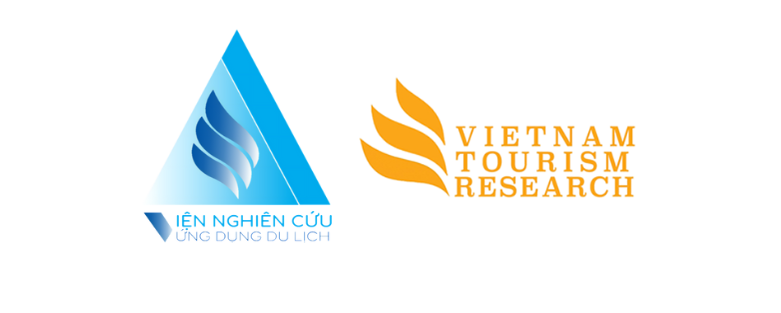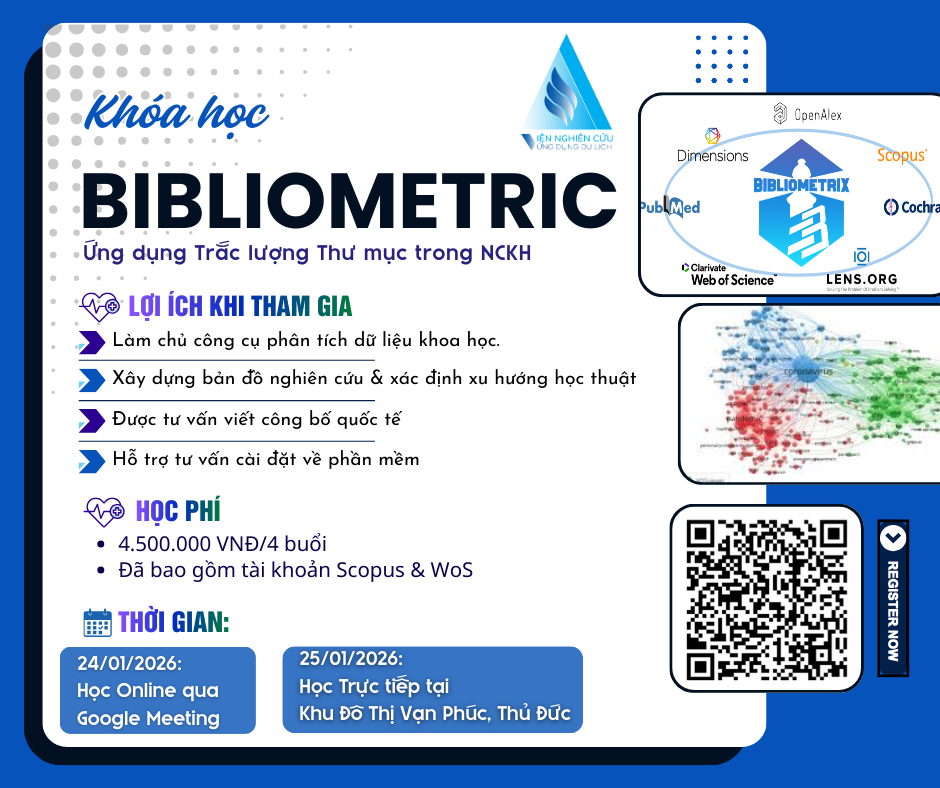This post is also available in:
Tiếng Việt (Vietnamese)
The COVID-19 pandemic has triggered a profound paradigm shift in consumer behavior and tourism operations, accelerating technological trends and necessitating a re-examination of the concept of innovation. This article synthesizes key ideas and breakthrough insights discussed in the Tourism Review special issue symposium, focusing on reshaping the future of tourism through innovation.
The article analyzes the imperative to move away from outdated economic systems, adopt human-centered thinking, redefine the concept of destination and the role of Destination Management Organizations (DMOs), while proposing the construction of resilience capacity and the embrace of positive disruption to prepare for future shocks.
Post-Pandemic Tourism Innovation: Emerging Needs and Contexts
The COVID-19 pandemic acted as a catalyst for a global turning point, forcing the tourism sector to restructure and redefine itself. The transformation was not merely operational in scale, but a shift in mindset and values: from growth to resilience, from economic efficiency to social and environmental harmony. The Tourism Review symposium focused on advancing research in tourism innovation, with the aim of laying the groundwork for a new tourism ecosystem – one that is sustainable, inclusive, and value-driven.
Economic Transformation and Regenerative Tourism
Professor Pauline Sheldon emphasized the need to move beyond neoliberal economic models – which prioritize individual interest and competition – toward more humanistic economic systems. Proposed alternatives include cooperative economics, creative economies, circular economies, sacred economies, economies of generosity, and regenerative economies. Regenerative tourism thus becomes the foundation for systemic innovation thinking. It requires the presence of social entrepreneurs – those who blend profit with purpose – to reshape how value is created and distributed within destinations.
The shift in values within regenerative tourism is also a continuous journey: from greed to generosity, from financial efficiency to community well-being. Examples include the “generosity menu” model in Siem Reap or Karma Kitchen operating on a pay-it-forward basis, clearly reflecting a spirit of responsible and humane innovation. Furthermore, initiatives like the “young tourist guide” in Amsterdam – where visitors engage in non-profit environmental protection activities – demonstrate innovation driven by community values.
Human-Centered Innovation
Professor Eduardo Parra López emphasized that the most effective innovation is that which originates from and for people. This approach includes collective intelligence, collective behavior, cellular organizational structures, bottom-up methods, and humanistic leadership. These models place humans at the center of the tourism ecosystem, using technology as a means rather than an end. Decentralization in destination governance is also recommended to foster flexibility and rapid adaptation to change.
In the Canary Islands, an open innovation model is being implemented, where collaboration is based on consensus, diversity, emotional hierarchies, trust-based dialogue, and continuous learning. This enables tourism development that is flexible and reflective of the ever-changing complexity of the global tourism environment.
Redefining Destinations and Destination Management Organizations (DMOs)
Dr. Pauline J. Milwood proposed revisiting the concept of “destination” as a boundary object – meaning it can be interpreted differently depending on the stakeholder group but remains flexible enough to encourage collaboration. In today’s digital and sharing economy context, the boundaries between host and guest, and between physical and virtual space, are increasingly blurred. Redefining destinations not only enhances visitor experiences but also broadens the scope for interaction and co-creation of value among stakeholders.
Destination Management Organizations (DMOs) are also evolving. From coordinators, DMOs can now become innovation hubs, orchestrating broad local actor networks – from governments and small businesses to Airbnb hosts – to construct holistic tourism experiences. Moreover, in the new environment, DMOs must integrate advanced technologies such as artificial intelligence (AI), virtual reality (VR), and interactive platforms to adjust, test, and optimize flexible tourism models.
Resilience and Positive Disruption
The concept of resilience was highlighted as a metric to assess adaptive capacity and crisis response in destination governance. The COVID-19 pandemic served as an “ecosystem rehearsal,” enabling the tourism industry to recognize the limitations of outdated systems while inspiring a mindset of positive disruption. Rather than reverting to former states, tourism needs to actively dismantle obsolete models, integrate new technologies, and redefine both processes and paradigms.
Resilient innovation aims to build long-term flexibility, including training the next generation for agile response, enhancing local organizational capacity, and connecting data systems for more effective decision-making. Positive disruption is proposed not only as technological change but also as a shift in tourism education, business models, and public policy design.
Historical Lessons and Future Challenges
Professor Brian King argued that the pandemic represents a watershed moment comparable to major historical events, such as the Black Death in 1348 or the modern “Great Resignation.” Lessons drawn include the impossibility of relying on assumptions of global peace, economic stability, or the linearity of tourism trends. Challenges such as climate change, global health crises, and the demand for authentic travel are increasingly visible.
Moreover, future destination design must pay greater attention to livable urban environments, multisensory experiences, community engagement, and the personalization of travel. Researchers must shift from quantitative to qualitative approaches, from mono-disciplinary to interdisciplinary perspectives, and from theoretical to empirical methods. Integrating tourism with fields such as design, technology, and AI will enable systemic and in-depth solutions. Tourism is not merely a consumer product but a social catalyst and tool for sustainable community development.
The future of tourism destination management cannot be separated from a revolution in thinking, values, and systems. The transition from profit-centered to common good-oriented, from consumptive tourism to regenerative tourism, and from centralized operations to open innovation is an inevitable trend. The pandemic serves as an opportunity not only to rebuild infrastructure but also to rethink philosophy and organizational models. Leaders, researchers, and entrepreneurs must join forces to generate bold ideas and breakthrough solutions, shaping a tourism sector that is sustainable, resilient, and genuinely human-centered.











